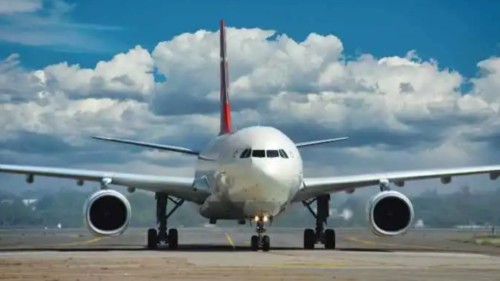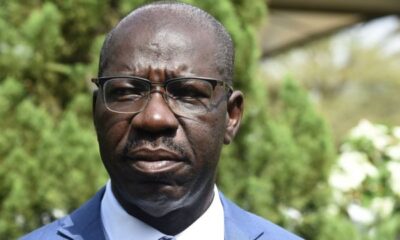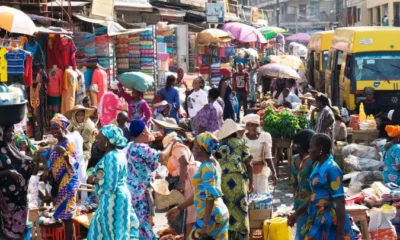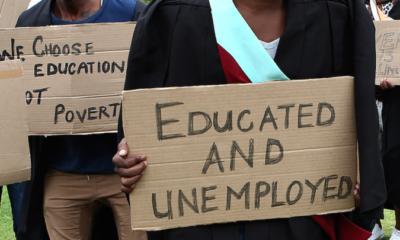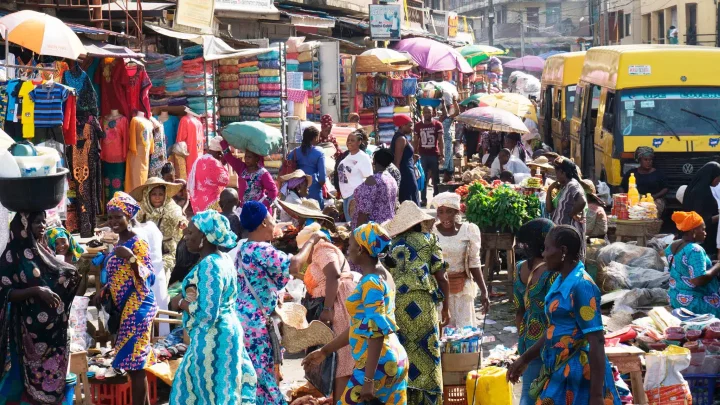The International Air Transport Association (IATA) says foreign airlines’ revenue blocked from repatriation by the Nigerian government has increased to $743 million from $662m in January 2023.
The association disclosed this on Tuesday in a letter addressed to Hadi Sirika, minister of aviation, and signed by Samson Fatokun, the association’s area manager West and Central Africa.
The air transport group and the global airline community wrote to the federal government, seeking a special invention for the resolution of airlines’ blocked funds in the country.
“For over a year, Nigeria has been the country with the highest amount of airline-blocked funds in the world. Please find attached the comparative table of airlines’ blocked funds by country,” the letter reads.
“Moreover, as of January 2023, airlines’ blocked funds in Nigeria have increased to $743,721,092 from $662m in January 2023 and $549m in December 2022.”
Since the amount increased from $450 million in May 2022, to $464 million in July the same year, the trapped funds have been linked to some of the challenges in Nigeria’s aviation sector with far-reaching effects.
In attempts to recover its revenue last year, Emirates Airlines suspended flight operations to Nigeria, but later resumed passenger scheduled flights in December 2022.
In a similar move, British Airways (BA) closed inventory on Nigeria in the global distribution system (GDS) — an act that prevented local travel agencies from making bookings from their portals.
Following several meetings by the authorities aimed at addressing the impasse, the Central Bank of Nigeria (CBN) released the sum of $265 million to foreign airlines operating in the country to settle outstanding ticket sales.
But the problem is yet to be fully resolved.
Susan Akporiaye, national president, of the National Association of Nigeria Travel Agencies (NANTA) asked the federal government to proffer solutions to the challenges of airfare profiteering in the aviation sector.
She said the face-off with foreign airlines has affected travel agents’ businesses in several ways as the airlines blame the hike in airfare on their trapped funds.
Negative Effects On Investment
Speaking in the letter on Tuesday, IATA said the increasing backlog of international airlines’ blocked funds in Nigeria sends a strong message against foreign direct investment (FDI) in Nigeria.
“Potential investors are reading from the plight of the airlines that they would not be able to repatriate their funds from Nigeria, even at this moment when Nigeria is expecting investments in the concession of some of its prominent airports,” the group said.
“Foreign airlines fly into Nigeria within the legal framework of the bilateral air service agreement (BASA) signed between their countries and the Federal Republic of Nigeria. It is agreed in those BASAs that Nigeria will facilitate repatriation of the funds of the other party’s airline. Nigeria flaunts this contractual obligation by not facilitating enough the repatriation of airlines’ funds.”
Reduced Connectivity, Job Loss And High-Ticket Prices
According to the association, to mitigate the increasing backlog of their funds in Nigeria and its impact on their cash flow, some airlines have had to reduce the number of their frequencies, or the number of seats made available for sale in the Nigerian market.
This mitigation measure, IATA explains, reduces person and cargo access to Nigeria.
“E-commerce that relies on aviation for speedy delivery will be impacted in Nigeria. Moreover, going by the law of demand and supply, the reduction of airline inventories in the Nigerian market will lead to ticket fare increase which will further burden average Nigerians and take air travel away from the reach many Nigerians,” it said.
“The downstream sector [of] the aviation industry (travel agencies, freight forwarders, ground handling companies) relies heavily on airlines capacity to grow or remain in business. Should the airlines be compelled to further reduce their capacity, those businesses would be negatively impacted, leading to job losses. The negative indirect impact will also affect ground transportation (taxi, car hire), hotels and restaurants output.”
IATA, therefore, appealed to Sirika to ensure that the airlines’ blocked funds “are totally cleared before your administration leaves office”.

 BIG STORY5 days ago
BIG STORY5 days ago
 BIG STORY3 days ago
BIG STORY3 days ago
 BIG STORY4 days ago
BIG STORY4 days ago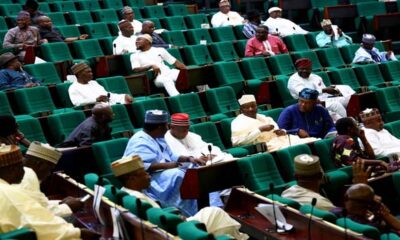
 BIG STORY5 days ago
BIG STORY5 days ago
 BIG STORY3 days ago
BIG STORY3 days ago
 BIG STORY1 day ago
BIG STORY1 day ago
 BIG STORY1 day ago
BIG STORY1 day ago
 BIG STORY1 day ago
BIG STORY1 day ago




